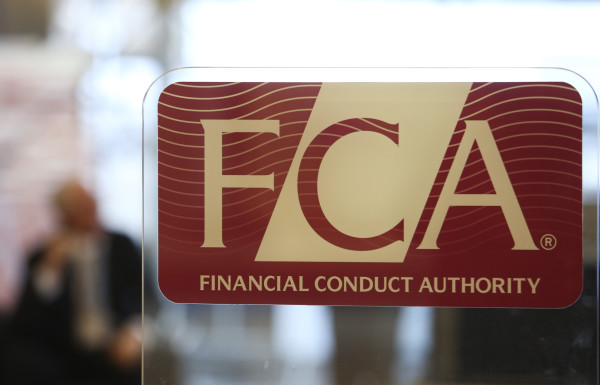

When it comes to advice suitability, what does the FCA really expect from firms?
Early indications from the FCA suggest that the findings from the thematic review into advice suitability are generally positive and, perhaps as a result, financial advice appears to have been given less prominence in the 2017/2018 Business Plan.
However, the FCA has announced that it will be undertaking additional work into advice in the current financial year.
Given this, it’s important that firms continue to refine their advice offering – the concept of continuous improvement is one that will remain evergreen under the FCA’s principles and risk-based approach to supervision.
Of course, the FCA’s observation that advice standards are improving is a real positive for the industry.
However, with the regulator expecting firms in all areas of financial services to take an iterative approach to their products and processes, what areas should advice firms be focusing on to ensure they continue to enhance their approach?
Areas for industry focus:
1) Disclosure
It is important that charges are clearly explained to clients – of course, there can be some variance in the long-term performance of advised products, but setting the client’s expectations and documenting you have done so is important in evidencing compliance.
This includes providing a monetary figure for the advice provided. Firms sometimes fail to meet their customer’s information needs by omitting to include the figure for the total cost of advice, i.e. fund charge, product charge, platform charge and advice charge.
Regardless of the findings of the FCA’s thematic review, there are some considerations for firms in relation to disclosure:
- How frequently do you review Suitability Reports to ensure that all charges are appropriately disclosed?
- Is the scope of advice provided appropriately disclosed (i.e. independent or restricted advice)?
- Is the scope of any restriction clearly disclosed?
- Crucially, can you evidence this?
2) Risk profile
Firms are making good progress in their building of client risk profiles. They often use online ‘risk profilers’ to discern their clients’ attitude to risk.
However, for the most part (and rightly), they ensure that the profiler only forms part of the discussion, allowing them to react to the nuances of customers’ individual circumstances and offer appropriate recommendations.
Despite the progress firms are making in this area, there is some inconsistency in how clients’ circumstances and attitudes translate to appropriate recommendations.
Key considerations include:
- Whether your firm has a robust methodology for translating the information obtained about the client into suitable recommendations?
- If you were to sample your back book, would recommendations consistently reflect clients’ risk tolerance?
- Are high percentages of lower risk clients’ portfolios in higher risk funds?
Processes in this area can benefit from a firm’s investment committees providing guidelines to its advisers on the amount of risk that is acceptable for each category of customer and their risk tolerance.
A growing number of firms use model portfolios and, where this is the case, it is crucial that the firm can satisfy itself that the portfolios are appropriately aligned to the different categories of risk.
3) Replacement business
Another area that provides potential for improvement relates to replacement business; the key process here is a thorough and objective review of the new and ceding scheme to make sure that new products are in the client’s best interests.
The FCA (then the FSA) published a pension switching tool that can still be used as the basis for this comparison.
When it comes to replacement business, does your firm routinely:
- Assess and retain evidence of the benefits additional costs will provide for clients?
- Make the cost of advice clear when information on charges are passed to the client?
- Clearly advice is a benefit for a client, so this charge is easy to justify, but the firm needs to be transparent about the costs and the rationale behind them.
4) Complex products
It is also important that firms selling complex products – for example, non-mainstream pooled investments – ensure their processes lead to fair customer outcomes.
The regulator has done a lot of work in this area and, generally, the findings have not been positive. In its latest Business Plan the FCA has committed to work in this area later this year, and it is likely to take a dim view of any firms with deficient processes.
Firms who sell these products should ensure that:
- Their disclosure is clear.
- The risk warnings are prominent.
- They are only sold to clients with an appropriate risk profile.
5) Taking the principles forward
When it comes to advice, offering it sustainability and in line with a firm’s commercial model is a distinct challenge (and one that firms are clearly tackling).
Firms must focus on the customer and improve their experience on an ongoing basis to ensure their advice process is effective in the long-term – some of the considerations above can help to support firms’ existing thinking in this area ahead of further FCA work on advice.
The challenge presented by the wider journey that regulation has taken in the last few years is also significant.
Firms need to be iterative and continuously improve their products and processes – but their approach needs to remain proportionate in order to maximise efficiency and effectiveness, and ultimately deliver against business objectives.
David Boyhan is senior consultant for Huntswood



